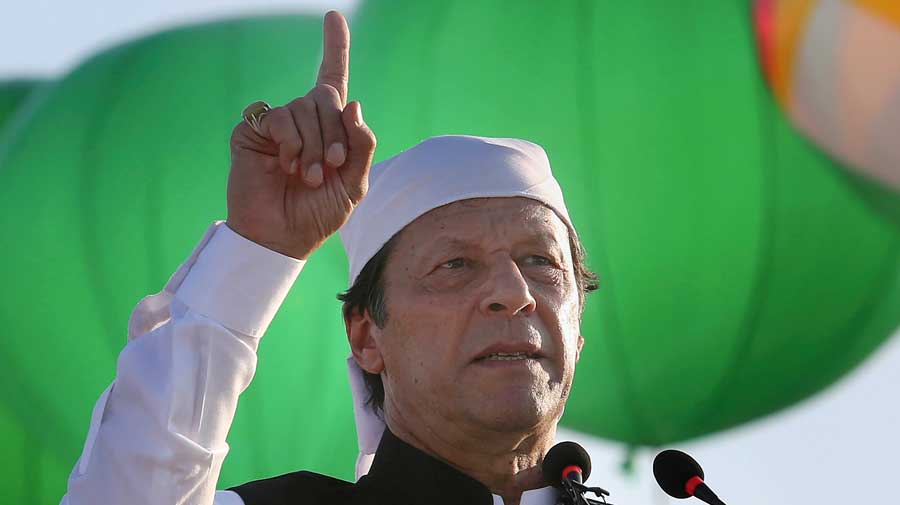A Chinese company on Monday signed a $1.5 billion agreement with Pakistan to set up a hydropower project in Pakistan-occupied Kashmir (PoK) under the China-Pakistan Economic Corridor (CPEC) project.
Prime Minister Imran Khan witnessed the signing of the agreement with China Gezhouba for the “Azad Pattan Hydropower Project” at a ceremony here.
The project is located in the Sadhanoti district of PoK on the Jhelum river and is expected to be completed by 2026.
The CPEC, which connects Gwadar Port in Balochistan with China’s Xinjiang province, is the flagship project of Chinese President Xi Jinping’s ambitious Belt and Road Initiative (BRI). Originally valued at $46 billion, the CPEC projects were worth $62 billion in 2017.
India has protested to China over the CPEC projects in PoK.
The ministry of external affairs earlier this year said it had communicated to Pakistan that the entire Jammu and Kashmir and Ladakh, including areas of Gilgit and Baltistan, are an integral part of India and that Islamabad should immediately vacate the areas that it had occupied illegally.
“A part of CPEC, with an investment of $1.5 Billion, 700.7 MW Azad Pattan will involve no fuel import, thus enabling the country to move towards cheaper & greener power while generating local job opportunities,” an official statement issued by the Pakistan government said.
Addressing the ceremony, Prime Minister Khan said the project was an investment and would not be a burden on the country. “We have learned a lot from the development of China, and the CPEC project will take Pakistan to the very top,” he said.
Khan said no attention was paid to cheap electricity in the past and the country paid a heavy price. The project is expected to create 3,000 jobs.
A Chinese official last month admitted that the majority of the BRI projects are either adversely or partially affected by the coronavirus pandemic.
About a fifth of the BRI projects, which aims to boost trade across Asia, Africa and Europe, had been “seriously affected” by the pandemic, according to Wang Xiaolong, director-general of the foreign ministry’s international economic affairs department. About 40 per cent of the projects had been “adversely affected”.










